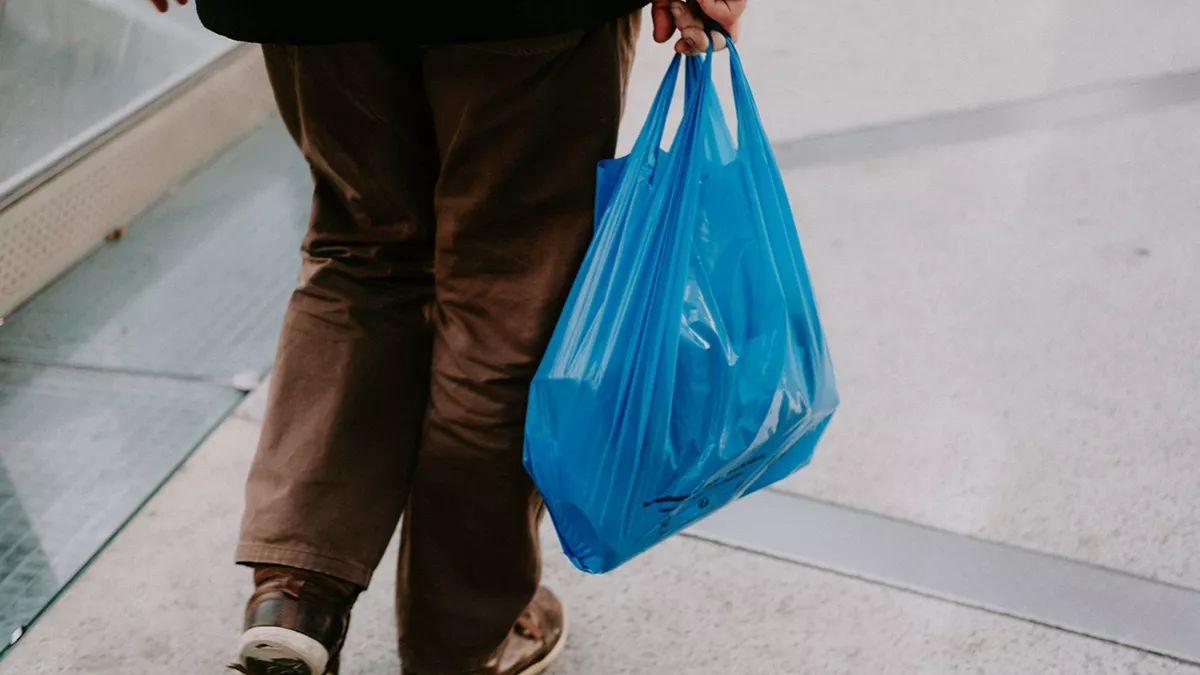
Dubai said that as of January 1, 2024, single-use plastic goods and bags would not be allowed throughout the emirate. The resolution was released on Sunday, December 31, 2023, by Sheikh Hamdan bin Mohammed bin Rashid Al Maktoum, the Crown Prince of Dubai and Chairman of the Dubai Executive Council.
Regardless of their material composition, recyclable and single-use throwaway products—including plastics and non-plastic items—are prohibited.
In addition to food packaging, these include single-use plastic and non-plastic items, thick plastic bags, plastic containers, fruit and vegetable wrapping, and packaging materials made entirely or partially of plastic, such as those used for plastic bottles, snack bags, wet wipes, balloons, and balloon sticks.
Single-use plastic product ban: Items such as plastic stirrers, tablecloths, cups, styrofoam food containers, straws, and cotton swabs will be outlawed as of January 1, 2025.
Other single-use plastic products: starting January 1, 2026, plastic plates, food containers, tableware, and drinking cups with plastic lids will all be prohibited.
A Dh200 fine will be imposed on violators. The penalty shall be doubled, up to a maximum of Dh2,000, if the same infraction happens within a year of the prior offence. The decision is to encourage community members to adopt sustainable and ecologically friendly behaviours while also safeguarding the local biological and animal riches and the natural environment.
It also seeks to incentivize the private sector to support the use of recycled goods, in line with circular economy principles that support long-term product recycling in regional marketplaces. Additionally, it aims to control how single-use and plastic items are used and recycled.
In order to reduce the production and consumption of single-use products, the decision mandates that all relevant authorities, entities, and consumers work together to develop and implement mechanisms and practices. Additionally, consumers must adopt practices and initiatives that encourage an increased reliance on the use of reusable products.
Additionally, it requires vendors to take an active involvement in campaigns, programmes, and projects aimed at cutting back on single-use items and plastic materials. Sellers are required by the applicable authorities to provide specified reusable alternatives at fair pricing.
